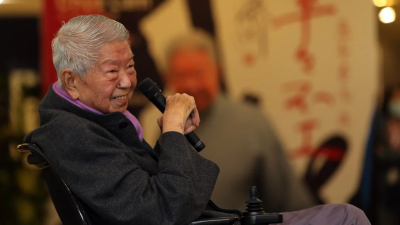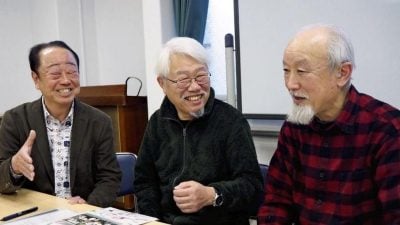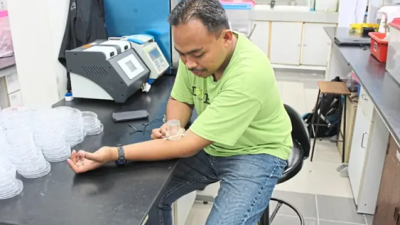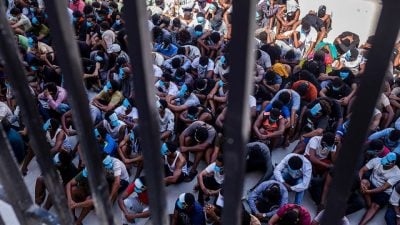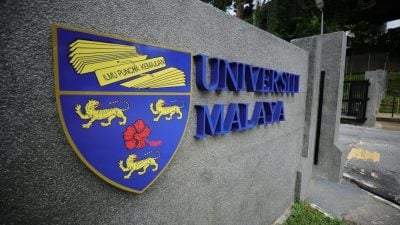Sin Chew Daily
Umno president Ahmad Zahid Hamidi has officially announced to sever ties with Bersatu, not going to work with the party in the next general election.
However, Umno will stay in the PN government until the parliament is dissolved.
This was the decision made in Umno's supreme council meeting on Feb 19.
Strictly speaking, this should not come as a surprise to anyone. Umno has long hoped to cut it ties with Bersatu, and making this official is only a matter of time, from the strategic point of view.
As a matter of fact, neither Umno nor BN is a component of the PN coalition. It has become a part of the existing government by virtue of individual reps' support of PN.
Umno is now in a state of total disunity. Rival factions within the party do share the common goal of commanding political dominance, even as they have their own calculations as to when and how to act.
They forged the Muafakat Nasional alliance with PAS in the beginning, seeing that this was going to be a winning combination. But now, as the situation shifts, this has now become dubious.
Umno has planned to make a decision on its relationship with Bersatu in the party's AGM scheduled for end of this month, but the impatient Ahmad Zahid has decided to send an early divorce letter to Bersatu, and the move is expected to aggravate the division, which is not going to augur well for the party in the run-up to GE15.
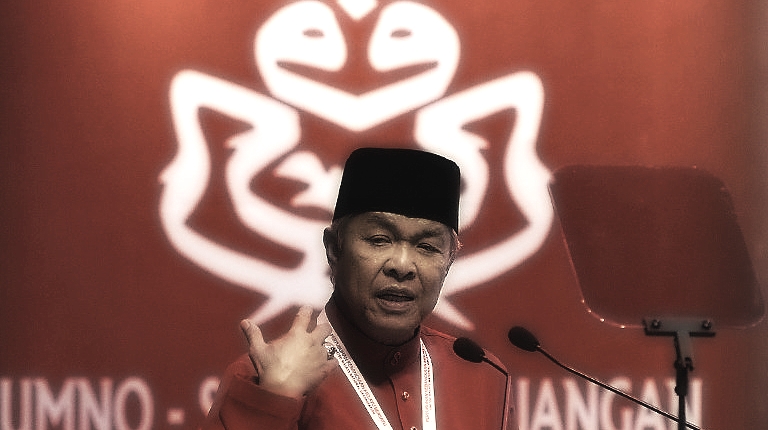
Umno's biggest problem is that it lacks a strong leader to guide the party after its humiliating defeat in the last election. Even if Umno eventually gets to come together as one solid team again, it may not bring back the glory of BN during its heyday.
PAS deputy president Tuan Ibrahim has asserted that his party will not take sides and will continue to cooperate with both Bersatu and Umno towards a grand Malay government, and this goes well with the party's consistent fence-sitting strategy to bag the max benefits.
There is no question that many of these three parties' seats are overlapping, and seat negotiations remain very much inconclusive to this day, showing that cooperation may not be a pragmatic option for them. Since joining the PN coalition, PAS has growingly tilted towards Bersatu to pave way for advancing its political ambitions.
Bersatu seems to be the weakest among the three from the sheer number of seats they're now holding. But, the party has the powers and resources that the PM can exploit to secure more political allegiance. It nevertheless must be wary of possible public backlash from bad political maneuvers.
Shielded by the emergency decree, the vulnerable PN government is now buying time to strengthen itself, at least until August!
Muhyiddin must make sure he can continue to strengthen his PN coalition over the next few months, complete the vaccination program in achieving the herd immunity, and then try to capture the hearts of the electorate through various strategies so that a winnable election can be held soon.
While Muhyiddin can defer the election, the longer it takes, the less favorable it will be to him.
So far GPS of Sarawak is the most likely partner to continue working with PN and will be the most formidable foundation to stabilize the PN structure.
In the short term, the Umno decision appears to work in the favor of PH+, which will have boosted chances given the further split of Malay votes and possible three-cornered fights in predominantly Malay seats. But, this assumption is founded on the basis that PH+ parties will continue to work along well.
There are chances PH+ itself will restructure. Will the parties of Mahathir and Syed Saddiq be successfully registered, and will they ever reach a consensus with PH+? All these will decide how strong the opposition is going to be.
No one can predict the final outcome of GE15. There is a strong likelihood no alliance will eventually claim the majority post-election, giving the party winning the most seats the opportunity to negotiate with other parties to form a coalition government.
In other words, no party will be the tai kor, and there could be a realignment of existing political pacts.
ADVERTISEMENT
ADVERTISEMENT







